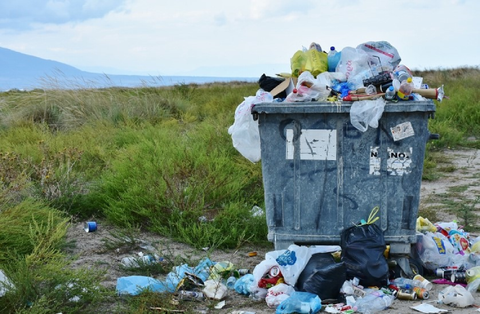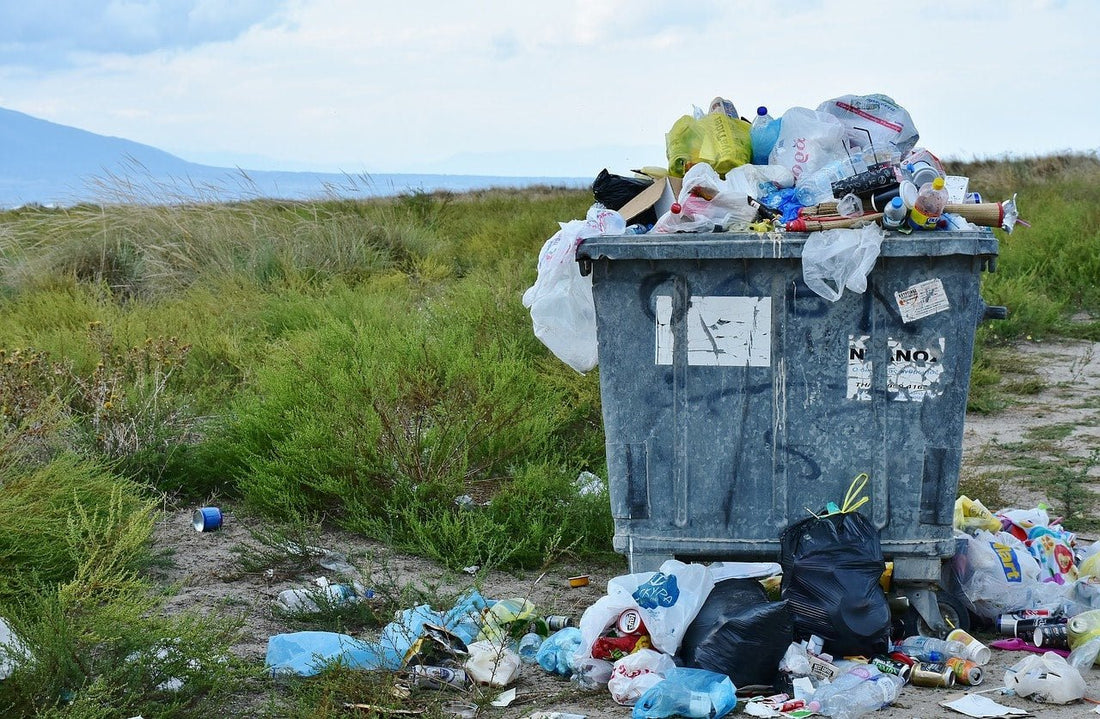Recycling - an omnipresent topic. Switzerland is also known as the "recycling world champion". But what do we actually recycle for and how do we recycle properly so that it serves its purpose?
Recycling - an omnipresent topic. Switzerland is also known as the "recycling world champion". But what do we actually recycle for and how do we recycle properly so that it serves its purpose?

Recycling, i.e. the reuse of materials that have been used and are to be disposed of, is now so familiar to us that "waste separation" has become second nature to many of us. But why is recycling so important? And is it enough to simply recycle waste? Which materials can be recycled and which can't?
Almost as important is the question of how recycling is handled on a larger scale. Can we trust the information provided by companies and their claims to recycle materials? And what can and should we do ourselves?
You can't do without recycling. But recycling alone is not enough!
First of all: in view of a growing and increasingly consuming world population, recycling definitely makes sense. We have already written more than once in our blog about the value of the forest and the importance of preserving the world's forests, and NIKIN also plants a tree for every order. It makes sense that waste paper, cardboard and cartons should be recycled in order to protect the forest habitat from deforestation.
The good thing is that paper consumption is falling in Europe. But not nearly enough. We still use far too many disposable paper products, not all of which are recycled.
should be recycled:
- Paper and cardboard
- Glass and tinplate
- Plastic and packaging
Recycling is good, doing without is better
The situation is similar with plastic. Plastic waste is a serious problem because plastic does not decompose. Instead, it is ground into ever finer components. At some point, it ends up as microplastic in the food chain - and on our plates. In view of the flood of plastic waste, recycling plastic is of course essential. But it would be even more important to avoid plastic as much as possible. There are always alternatives. Simply replace plastic bags with cloth bags - always and in principle. And to stop using plastic products in the home and office. Disposable crockery and plastic forks don't have to be, there are inexpensive equivalents made of glass or porcelain - of course they have to be washed and can't simply be collected or thrown away after the children's birthday party or the party. But let's be honest, isn't the environment we leave behind for our children worth a little effort?
Admittedly, it can be a bit more of a hassle to look for drinks in returnable glass bottles than to simply buy a PET bottle of Fanta or Coke. Nevertheless, they do exist - and the taste is better. And better than tin cans, which are also recycled but are not really necessary.
Our suggestion: one week with reduced waste
We recommend that you simply live an experiment for a week: produce as little waste as possible and, if possible, recycle it. Old glass and scrap metal are allowed, recycled paper at least for the toilet too, plastic is a no-go! So where do we end up?
If you eat a lot of fresh food, the best place to go is the market - not only for fruit and vegetables, but also for meat and fish. Here you may even be allowed to bring your own packaging materials and thus avoid packaging waste.
Throw away less, live better
The great and valuable thing about such an experiment is that it opens our eyes to how much waste we cheaply accept on a daily basis. And of course you experience shopping, cooking and eating much more consciously if you avoid pre-packaged food. That alone is enough to give it a try. But the biggest plus point is that you enjoy more - and with a clear conscience. And the little bit of waste that still accumulates? Can go in the compost!




















